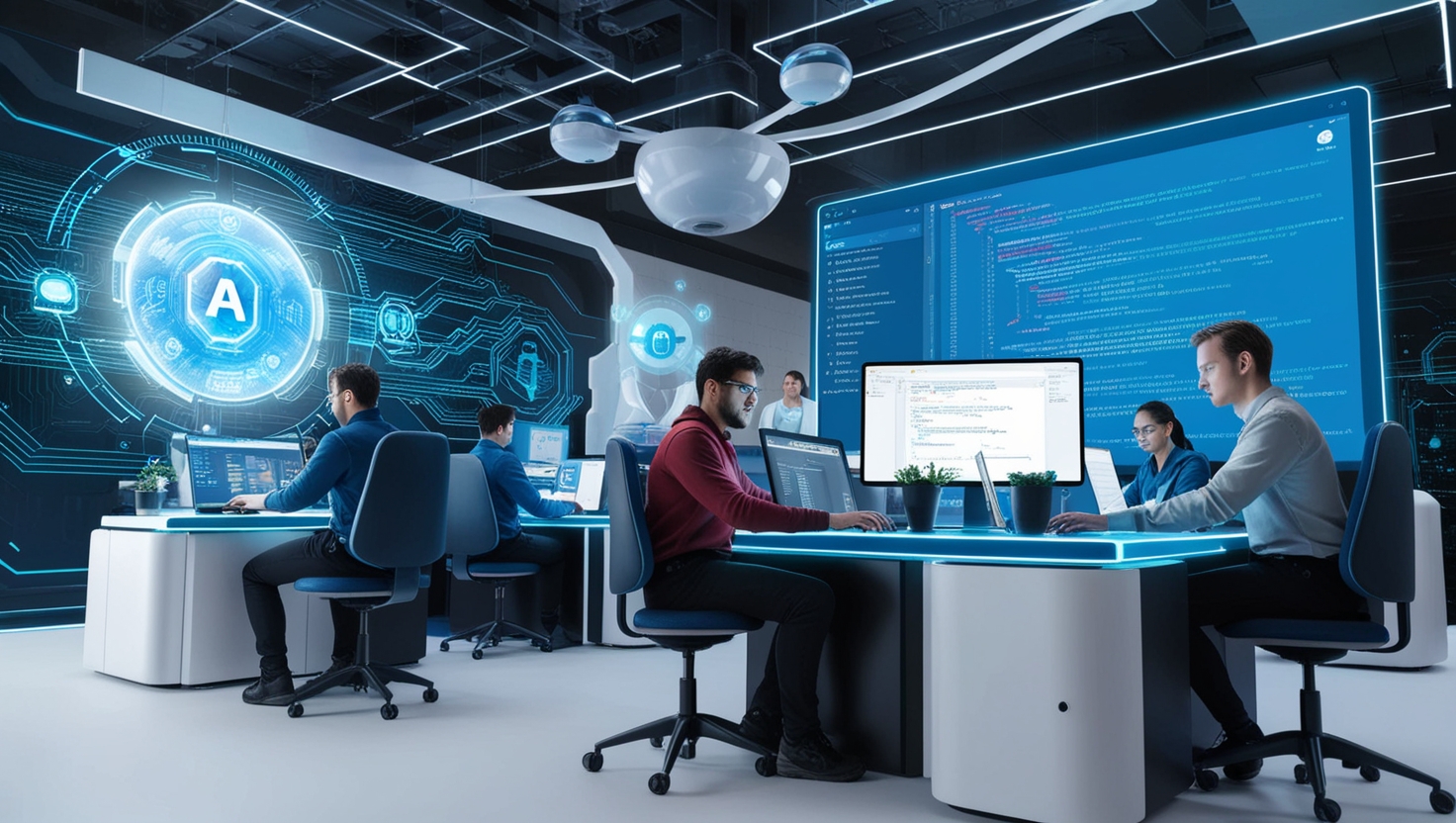Blog

Custom Software Development Trends in 2025: The Future of Tailored Solutions
Key Innovations Shaping the Future of Custom Software Development
Introduction
Custom software development is evolving rapidly as businesses seek tailored solutions to enhance efficiency, security, and scalability. In 2025, advancements in AI, automation, and cloud computing are reshaping the way software is built and deployed. This blog explores the latest trends that will define the future of custom software development.
Key Custom Software Development Trends for 2025
1. AI-Driven Software Development
Artificial Intelligence (AI) is transforming the software development lifecycle by automating coding, bug detection, and performance optimization. AI-powered tools enhance productivity, allowing developers to focus on innovation while reducing manual efforts.
2. Low-Code and No-Code Development
Low-code and no-code platforms are democratizing software development, enabling businesses to create applications without extensive coding knowledge. These platforms accelerate development cycles, reduce costs, and empower non-technical users to build functional solutions.
3. Cloud-Native and Serverless Computing
Cloud-native applications and serverless architectures are becoming the norm, allowing businesses to scale effortlessly while reducing infrastructure costs. These technologies improve performance, security, and deployment flexibility.
4. Blockchain for Security and Transparency
Blockchain technology is revolutionizing custom software development by providing enhanced security, transparency, and trust. Industries such as finance, healthcare, and supply chain management are leveraging blockchain to improve data integrity and secure transactions.
5. DevSecOps: Security-First Development
Cybersecurity is a top priority, and DevSecOps integrates security into every phase of the development process. Automated security testing, compliance monitoring, and real-time threat detection are becoming essential in modern software projects.
6. Microservices Architecture
Microservices architecture enables the development of modular applications that are more flexible, scalable, and maintainable. Businesses are increasingly adopting this approach to enhance agility and facilitate seamless updates without disrupting operations.
7. Internet of Things (IoT) Integration
The rise of IoT devices is driving demand for custom software solutions that connect, analyze, and optimize data from smart devices. IoT-powered applications are improving efficiency in industries such as manufacturing, healthcare, and logistics.
8. Hyperautomation in Software Development
Hyperautomation combines AI, robotic process automation (RPA), and machine learning to automate complex processes. This trend is streamlining software development workflows, reducing manual intervention, and enhancing operational efficiency.
9. Sustainable and Green Software Development
Sustainability is becoming a priority in software development. Companies are optimizing code for energy efficiency, reducing resource consumption, and adopting green computing practices to minimize environmental impact.
10. Extended Reality (XR) in Software Solutions
Extended Reality (XR), which includes Augmented Reality (AR), Virtual Reality (VR), and Mixed Reality (MR), is becoming more integrated into custom software. From training simulations to immersive customer experiences, XR is opening new possibilities for businesses to engage users in unique and interactive ways.
Conclusion
The future of custom software development in 2025 is driven by AI, cloud computing, automation, and security-first approaches. Businesses must embrace these innovations to create scalable, secure, and future-ready solutions. Staying ahead in this evolving landscape requires adaptability and a commitment to cutting-edge technology.
Looking to develop a custom software solution for your business? Contact HK DigiVerse & IT Consultancy Pvt Ltd for expert-driven, innovative software development services.

